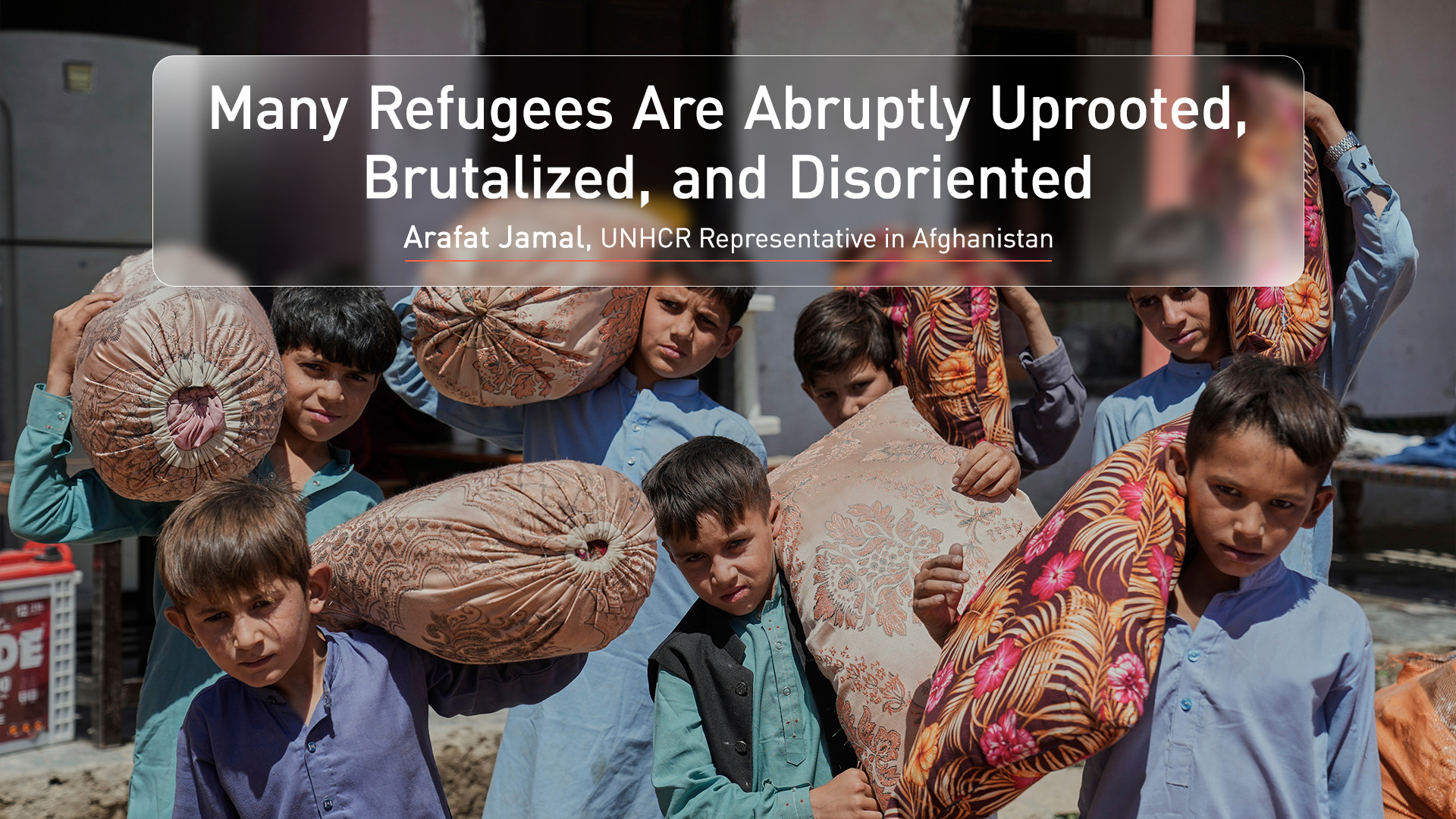Iran Deports Nearly 1 Million Afghans in Four Months
Iran has expelled nearly one million Afghan refugees in four months, with numbers rising after the Iran-Israel conflict. The UN warns of a regional crisis as returnees face desperate conditions in an unprepared Afghanistan, which is grappling with a severe humanitarian funding shortfall.

By Kamaran Aziz
ERBIL (Kurdistan24) – Iran has deported nearly one million Afghan refugees in the past four months, a figure that surged significantly following the recent conflict with Israel and accusations that the refugees were spying for Tel Aviv's intelligence agency, according to local Afghan organizations.
The deportations are part of a wider trend that the United Nations warns is creating a "chaotic wave of returnees" that threatens to destabilize Afghanistan and the broader region.
According to statistics from local organizations, the number of Afghan refugees sent back from Iran has increased dramatically, particularly after last month's 12-day conflict between Tehran and Israel, which was followed by what were described as fabricated accusations of refugees working for Israel’s intelligence agency.
While Tehran plans to deport all Afghan refugees who lack residency rights, reports indicate it has also revoked the residency of many who have lived in the country for two to three decades. Unofficial statistics suggest that five to six million Afghan refugees remain in Iran.
The UN refugee agency, UNHCR, stated on Friday that the scale and speed of returns from Iran and Pakistan are placing enormous pressure on an already fragile Afghanistan. More than 1.6 million Afghans have returned from both neighboring countries in 2024 alone, a figure that surpasses earlier forecasts for the entire year.
Arafat Jamal, UNHCR Representative in Afghanistan, described harrowing conditions at the Islam Qala border crossing with Iran, where daily arrivals have reached around 50,000.
“Many of these returnees have been abruptly uprooted and have undergone arduous, exhausting and degrading journeys – they arrive tired, disoriented, brutalized and often in despair, and they sprawl throughout a crowded centre in often 40°C (104°F) heat,” Jamal said.
Many of the returnees, especially women and children, are coming back to a country they barely know. “They are from Afghanistan [but] not of Afghanistan – often born abroad with better education and different cultural norms,” Jamal noted, adding that women and girls face a jarring shift to a society where their rights are severely restricted.
The humanitarian response is critically underfunded. UNHCR’s operation is only 28% funded, forcing aid agencies to ration supplies. The situation is compounded by deepening poverty and worsening drought inside Afghanistan, which the UN says is “wholly unprepared to receive this volume of returnees.”